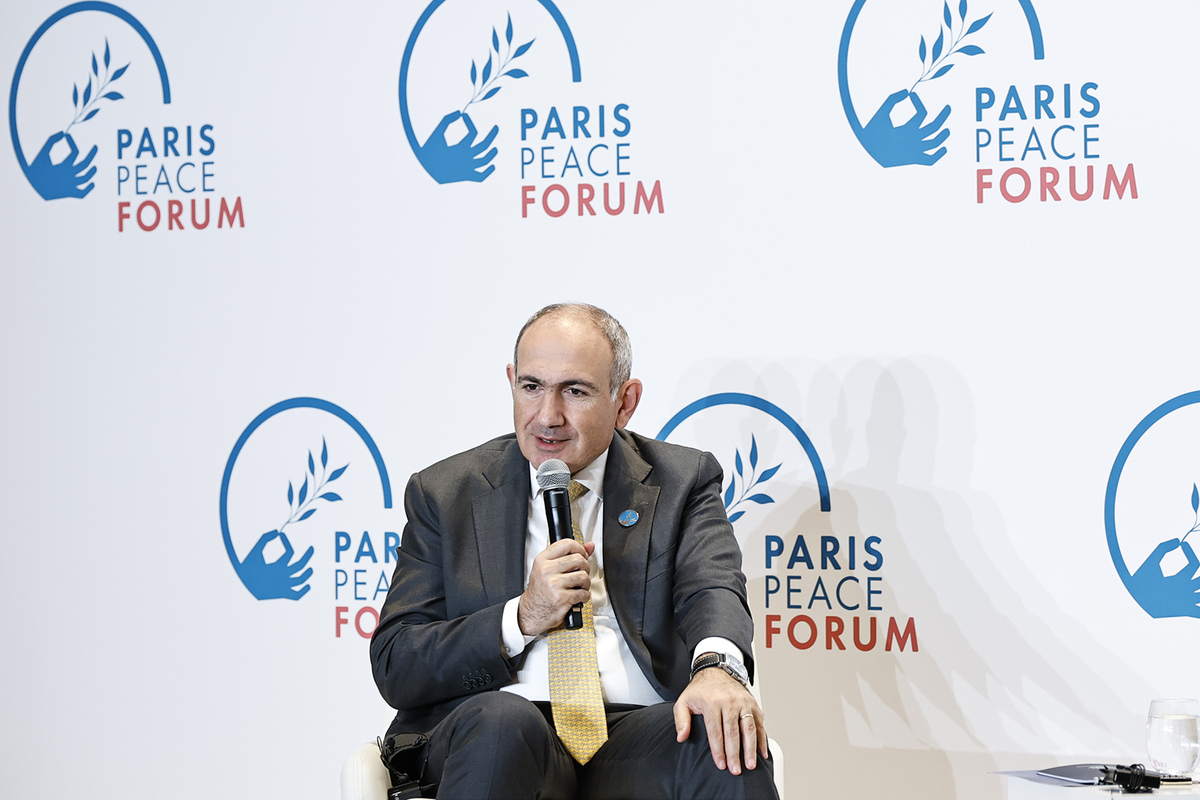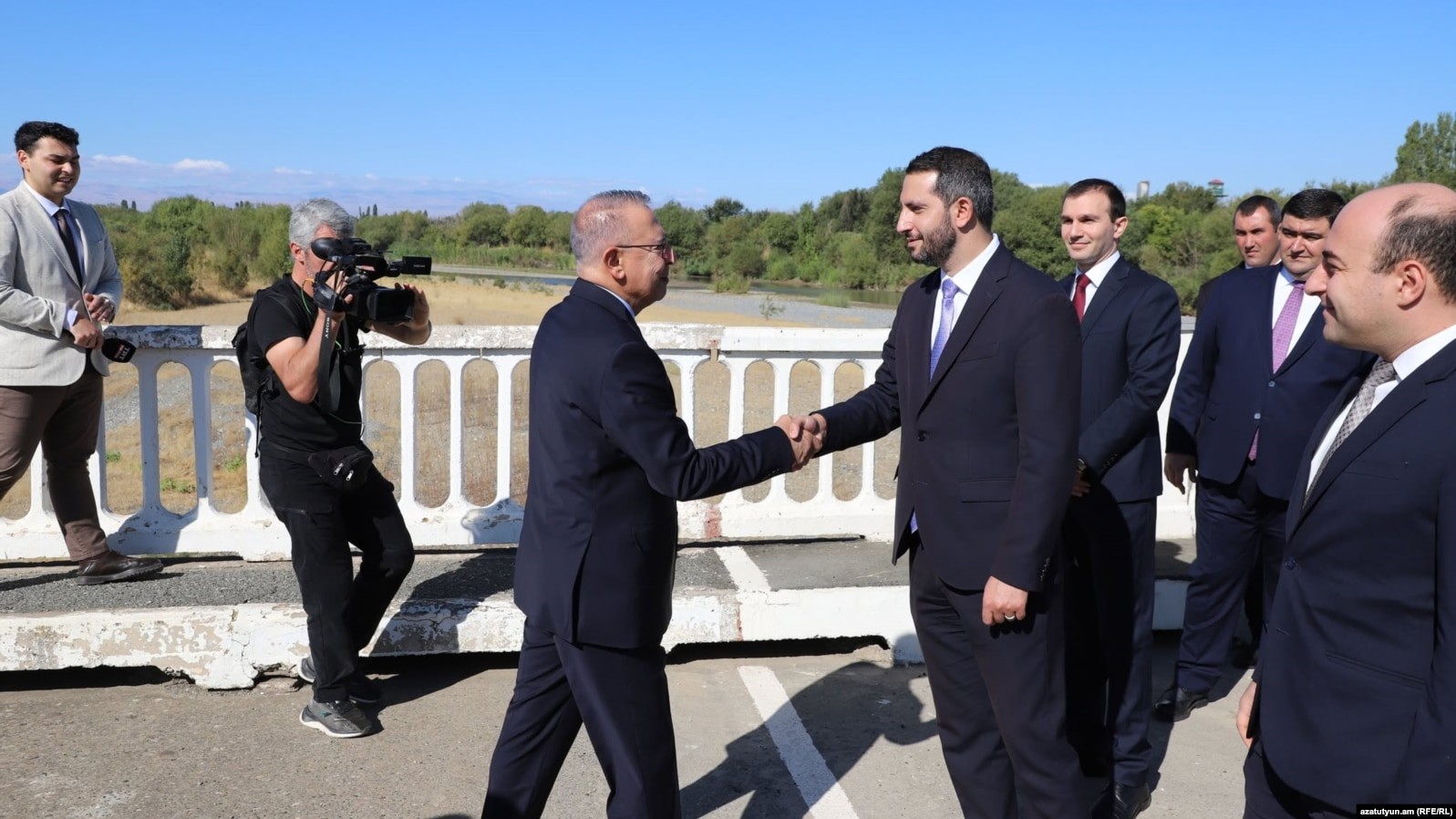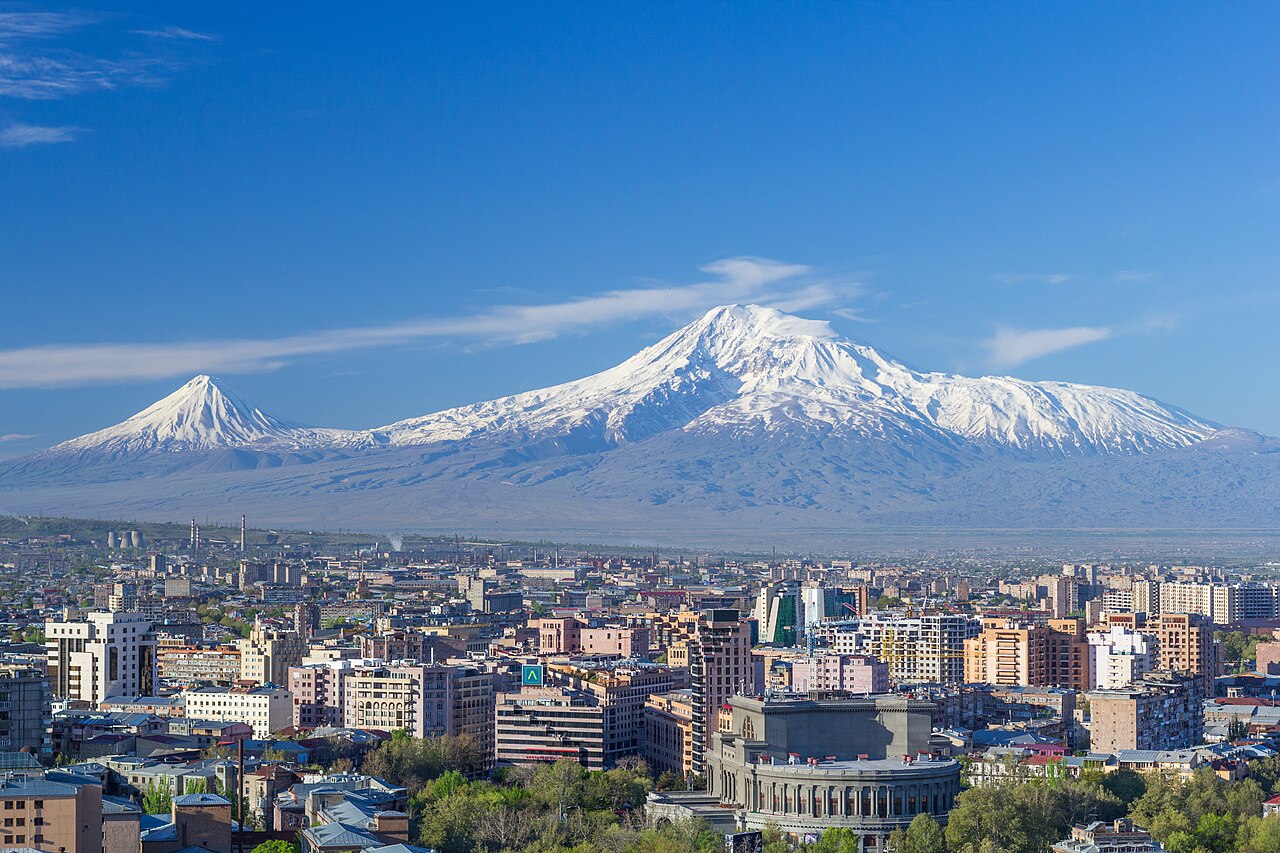'Coming months will be decisive for Armenia’s future' — Garo Paylan
Garo Paylan on Armenian-Turkish normalization
“Georgia is now under Russia’s influence. The EU and US will need an alternative route to Central Asia. Turkey also needs a backup to corridors through Georgia — a ‘Plan B’. That is why Ankara is pushing the ‘Trump Route’ initiative and unblocking regional communications,” said Garo Paylan, former Turkish MP and Carnegie Endowment representative.
He also spoke on Armenian-Turkish normalization. Ankara appears to be moving in that direction.
“I’m optimistic. I expect Turkey to open the Armenian-Turkish border to citizens of third countries in January 2026. In the following months, the border will open to Armenian and Turkish citizens as well,” he told an Armenian TV channel.
- ‘Armenia expects concrete steps from Turkey’: what was achieved and what’s still possible
- “Turkey is trying to limit Armenia’s transit options”, say analysts in Yerevan
- “The route through Armenia will be an alternative, not the main one”: expert opinion
Commentaries
According to Carnegie Endowment representative Garo Paylan, “Trump wants to work with Erdoğan.” He said their cooperation goes beyond the Caucasus and the normalization of Armenian-Turkish relations. It also includes engagement with other countries. Paylan pointed to Syria as an example. He noted upcoming joint investments by American and Turkish companies in the country’s reconstruction. He also highlighted the willingness of both presidents to strengthen cooperation.
Paylan said the coming months will be decisive for Armenia’s future. He stressed the need to ensure progress on ongoing projects, particularly the “Trump Route.” This is a planned transit corridor through Armenia connecting Azerbaijan with its Nakhchivan exclave. The leaders of Armenia and Azerbaijan agreed on the project in Washington on 8 August, under the mediation of the US president.
“Trump is interested. The US president sees the benefits of this project. But if we fail to move forward in the coming months, Trump might step back. He could say: if Armenians and Turks don’t want this, I’ll forget about it,” Paylan warned.
He emphasized that Armenia must not miss the window of opportunity for normalizing Armenian-Turkish relations.
At the same time, Paylan stressed that this process is closely tied to Armenia–Azerbaijan relations. He noted recent statements from Baku that raise doubts about Azerbaijan’s readiness for peace.
Paylan believes the EU and the US must coordinate their efforts to keep the process moving. “I think Trump, the US administration, and the European Union are already trying to persuade Ilham Aliyev not to slow things down. Aliyev wants only the ‘Trump Route’ to open while keeping all other routes closed. That’s simply impossible. Armenia must also gain direct access to Turkey and other countries.”
A former Turkish MP also expressed concern over a possible dialogue between Donald Trump and Vladimir Putin about the war in Ukraine. He fears that Putin could persuade Trump that “Ukraine and the Caucasus are within his sphere of influence.” Putin might convince the US president to withdraw from the region in exchange for concessions.
“These are great powers. For them, Armenia, Azerbaijan, and Ukraine are just cards in their game. He might trade one card to gain another,” he explained.
Returning to Armenian-Turkish normalization, Garo Paylan said action is needed. Borders should open, and trade should begin.
He believes people-to-people contact and restored ties are key to healing old wounds.
“There was a catastrophe — the Armenian Genocide — which has trapped us for more than a century. When the borders open, and trade and communication start, it will be easier to talk about the past. In these conditions, we can live only by having good relations with neighbors. I see light at the end of the tunnel — we can succeed,” he said.
Paylan cited Turkish-Greek relations as an example. Problems remain, but trust has grown thanks to open borders, trade, and tourism. Millions of tourists visit both countries each year, benefiting both sides.
“Armenia is a closed country with a small economy. Its army cannot guarantee territorial integrity. But if we become a bridge country, our economy will grow,” he said.
He estimates that opening the Armenian-Turkish border could attract 10–15 million tourists within five years and spur new infrastructure projects. Armenia could also import wheat from Turkey and export electricity in return.
Paylan remains optimistic that the border will open, diplomatic relations will be established, and that Turkey’s president might visit Yerevan next year for the European Political Community summit.
Garo Paylan on Armenian-Turkish normalization





















